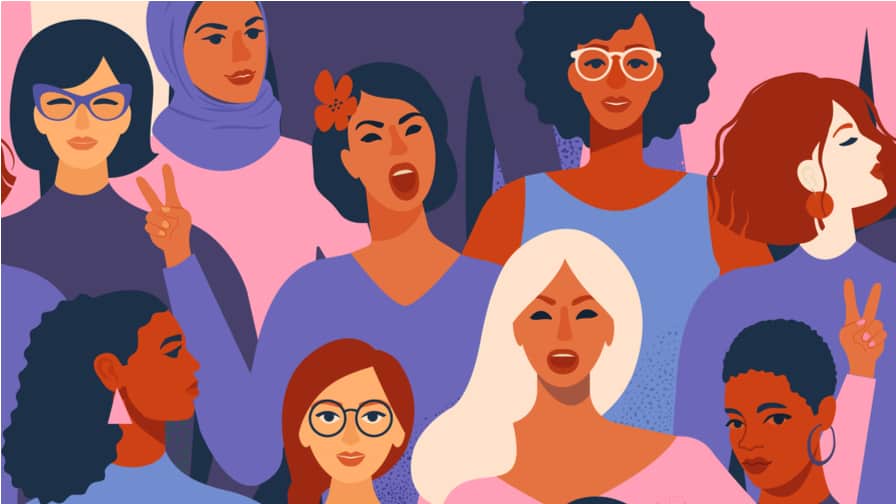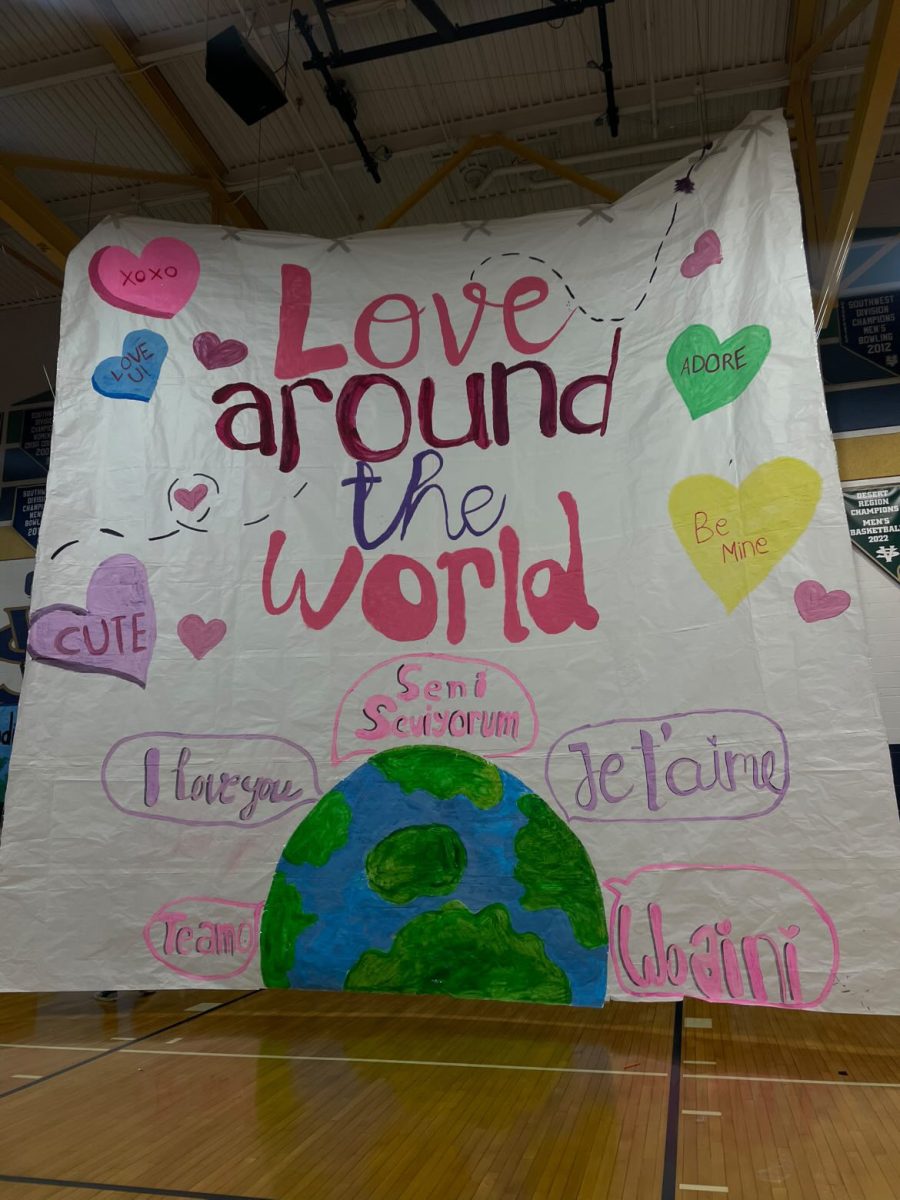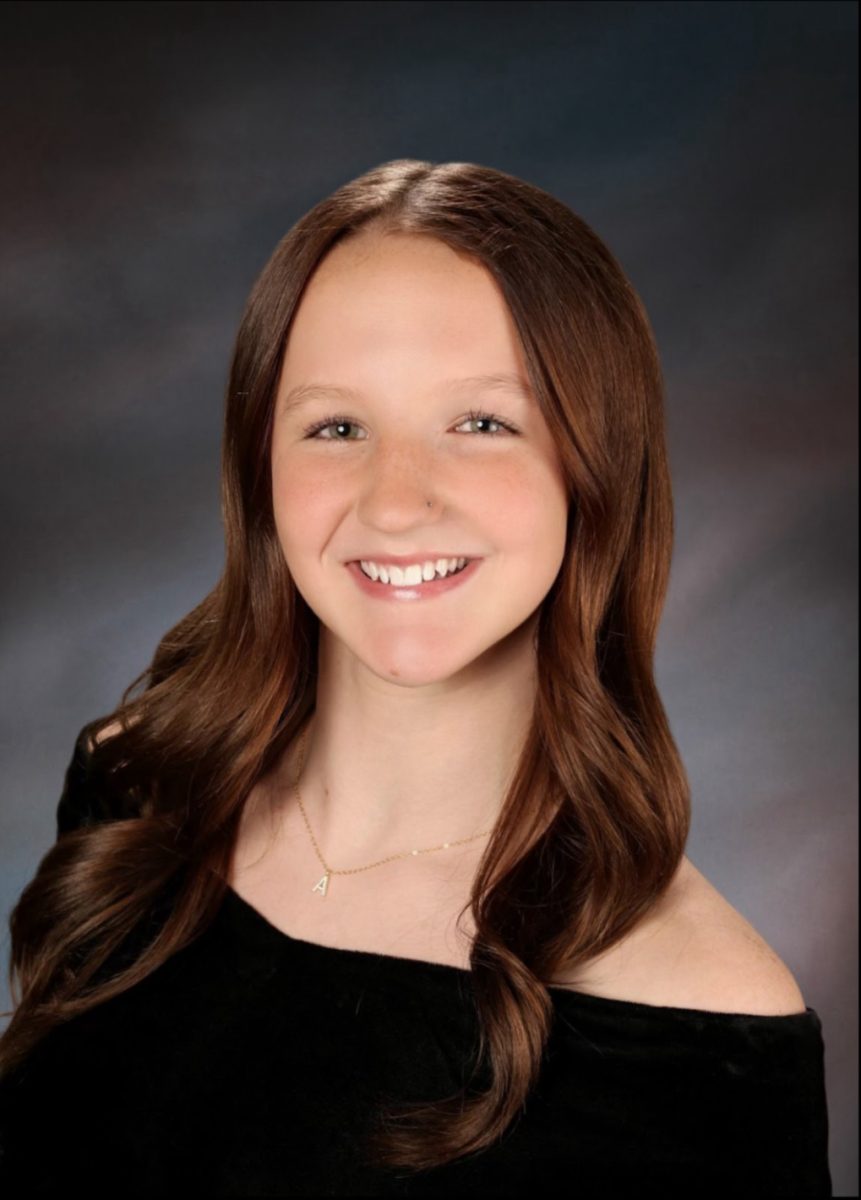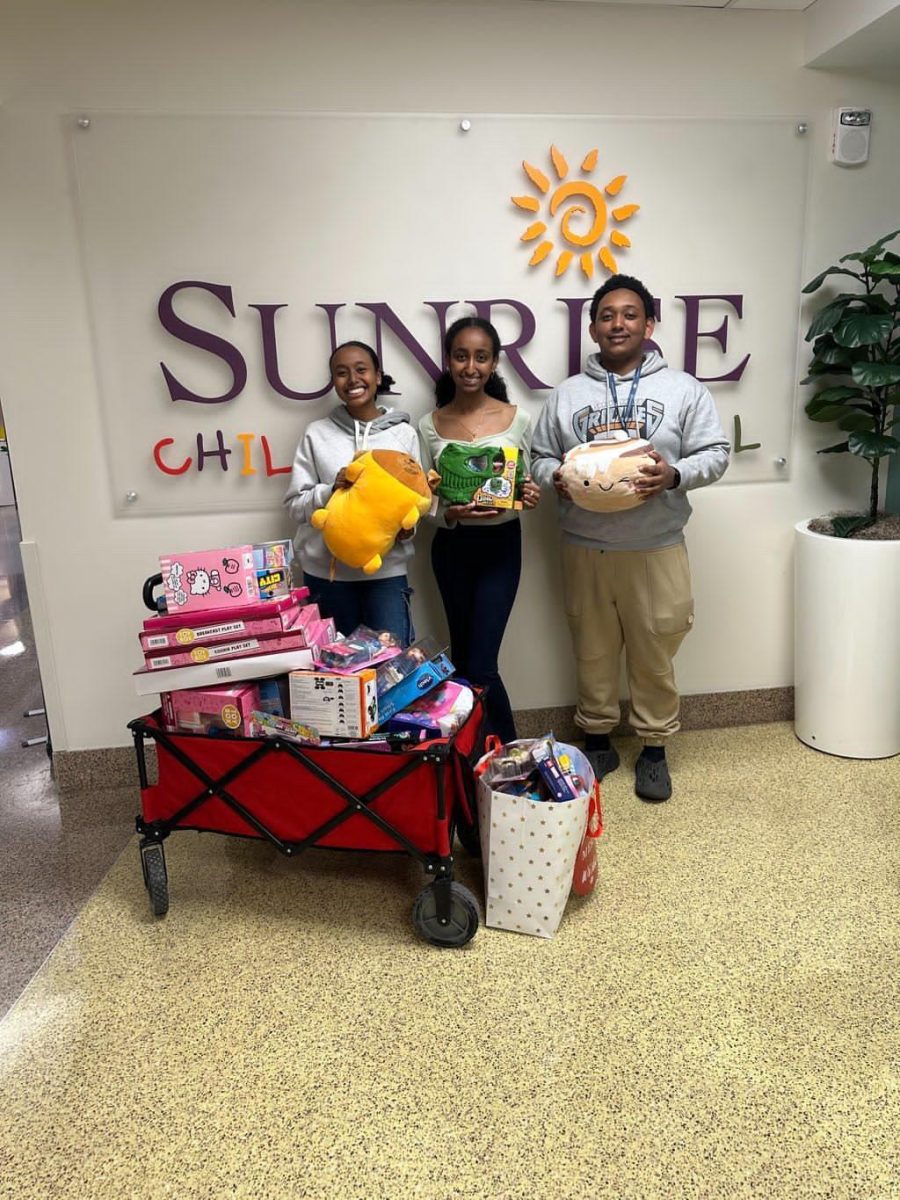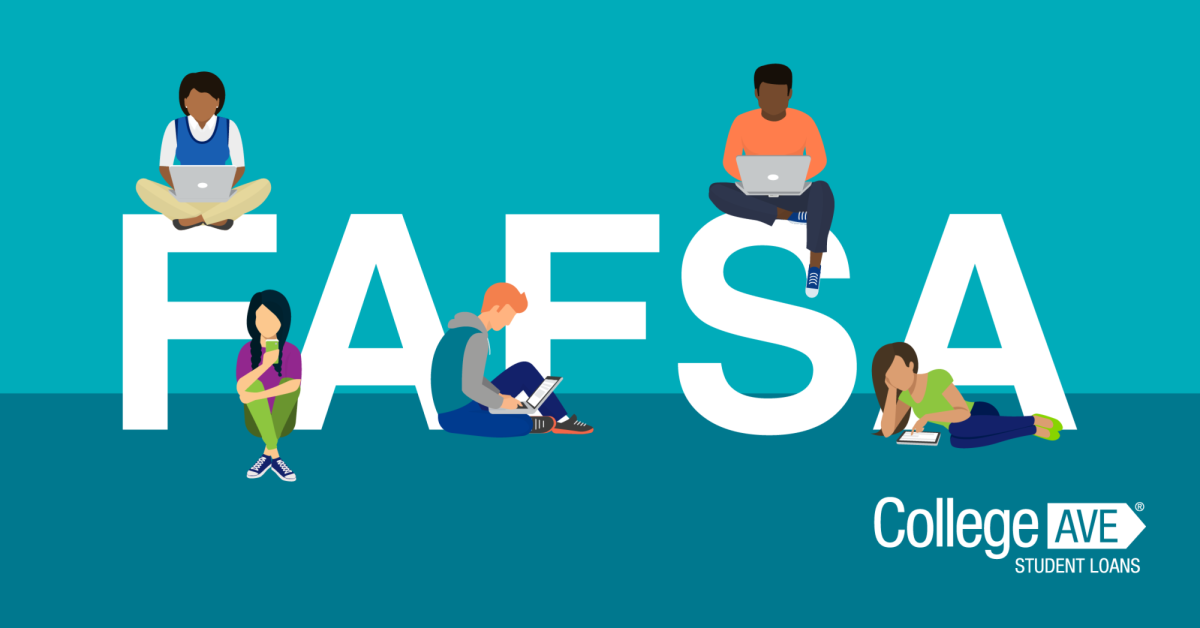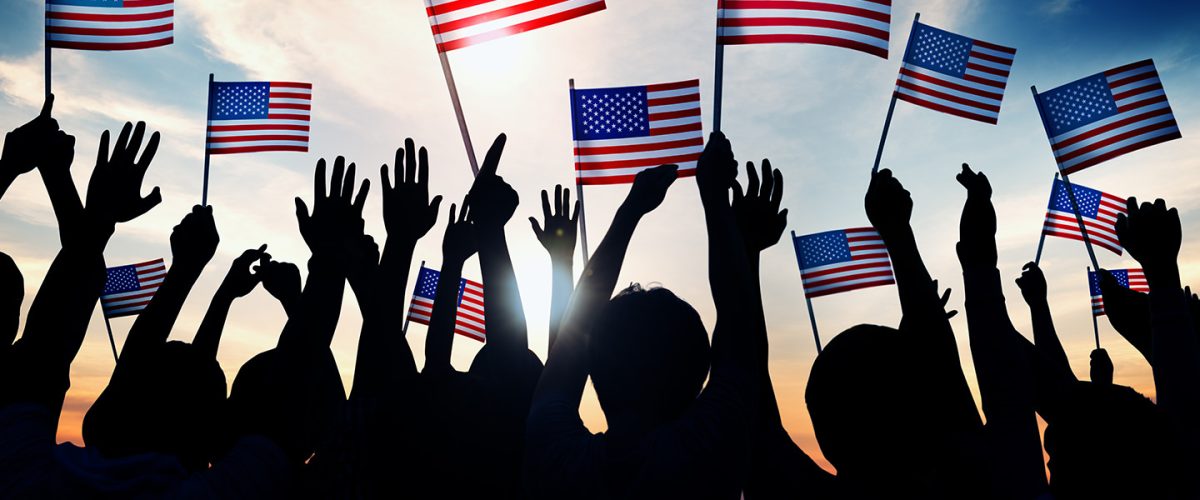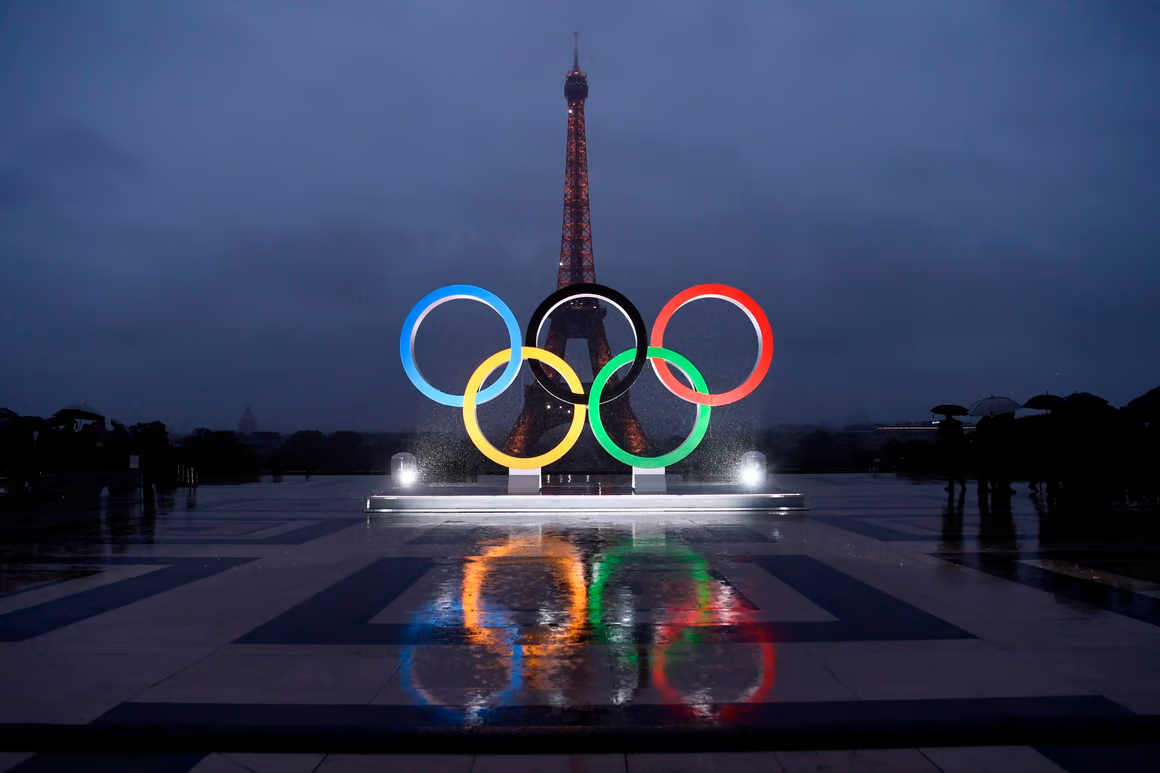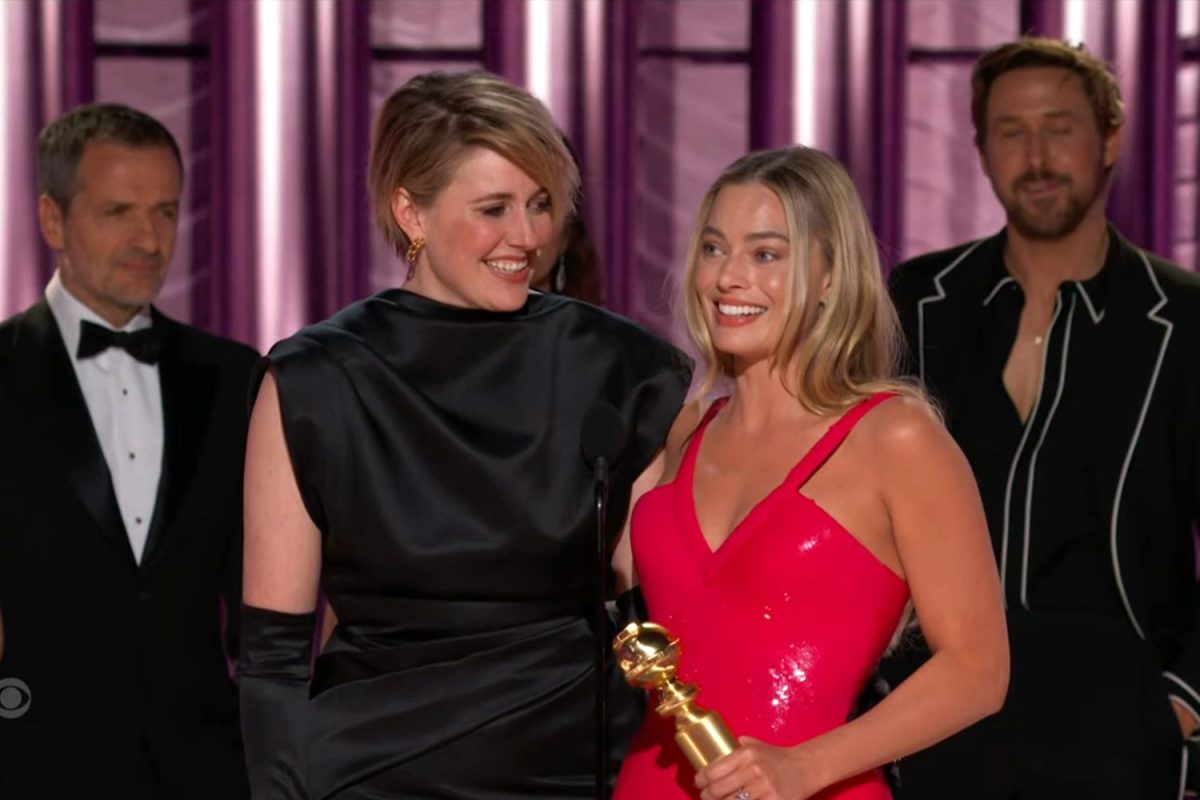I remember being a little kid and seeing the excitement and joy from my family when Disney announced that Tiana was going to be their newest princess; they said that I was going to “finally have some representation.” I also remember my mom being furious when Tiana was a frog for 98% of the movie. I didn’t understand that then.
Growing up as a mixed kid with a majority of my features being black, I can recount many times in my life where I cried about wanting to look like other white girls in my class. Once when I was five or six, I chased a little girl at the mall because I wanted her hair. My mom caught me and told me that many people have beautiful, kinky, coiled hair, and she showed me a picture of Diana Ross. I called her ugly. Not knowing who Diana Ross was, or ever seeing someone like her presented as beautiful, in my eyes as a kid it doesn’t seem like such a shocker.
My hair was always seen as a “scientific” marvel to people who had pin-straight hair. This followed questions: “How do you get it like that?” or “Can I touch it?” My hair was never called beautiful, though, as most of the compliments ranged from “It’s so cool!” to “Very unique.” Even as a kid, many people felt it was important to call me “exotic” or “beautiful mulatto” (which, if you didn’t know, is a highly offensive term for mixed people). My existence was treated more like watching a monkey climb in a zoo instead of looking at the finest works of an artist.
In middle school, I was bullied for expressing myself in more alternative styles, but as a mixed-race individual, that’s not how people like me were seen. Even in a primarily minority middle school, if you were black and wanted to be accepted, the way to act was like the recently titled “Hot Cheeto Girl.” This continued in my church, my friends, and myself. I still, to this day, have many adopted traits to be “likable” in terms of my race, etc.
When I was 12, I told my mom I was bisexual. Luckily, I have a family where that is safe and okay for me. But as the years went on, I went from being bisexual to lesbian, to bisexual again, to trans (FTM), to being straight and trans, then gay — you get the gist.
Now, at almost 18, I stand as a mixed-race, bisexual, trans individual. I cannot tell you whether or not that may change, but that isn’t important. As a kid, the world told me that beauty, existence, and life was only valid in the narrow molds that the media presented. I never realized this growing up. Representation being important to me is still a very new concept. In my freshman year as a journalist, I wrote an opinion piece on how “Black Panther” was only being praised because people would get hate if they said otherwise. Today, I deeply regret that article. I have also argued about the stupidity of making live-action Ariel black, policed other LGBT people on how they should be LGBT … the list goes on, as I spewed my internalized hatred into the world
Many other people like me, I feel, experienced this same identity issue. We don’t understand how we can’t see ourselves grown in the future, we can’t imagine fitting into certain artistic perspectives and adjectives such as “angelic.” We still feel gross and guilted at times because we’re LGBT because internalized homophobia is no joke. Not to mention the idea that certain types of hair are perceived as more beautiful than others. I believe that seeing myself in more media and movies outside of the stereotypical roles of being clumsy, funny, stable, evil, or dead would have resulted in me feeling more important. More interesting. More beautiful.
My senior year seemed to be a peak in representation in the media and in school. Filling out forms that had teachers asking preferred names and pronouns, the democratic candidates having women, POC, and LGBT people running for president, BLM raising black voices on Instagram and TikTok, as well as in real life. Elliot Page, a well-known actor came out as trans, using He/They pronouns, just as I do. This year, more than the other 17 years of my life, I have cried countless times thinking, “Hey, that’s my body/hair/sexuality/gender, etc.” This year, despite the pain and horror of it all, I didn’t feel like I was a spectacle when I was seen.
I couldn’t tell you that the world would be some marvel if everyone who is LGBT, POC, disabled, neurodivergent, plus size, etc. got represented. But I do know that the smallest things have made me feel more beautiful, more interesting, and more important when represented. I finally feel like I matter.


